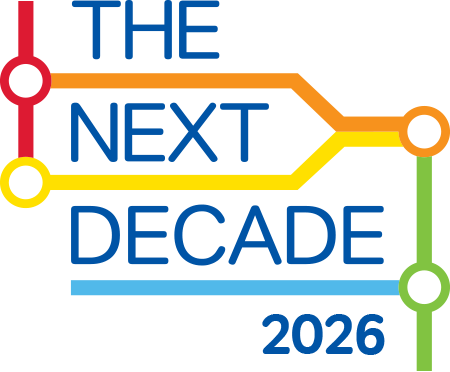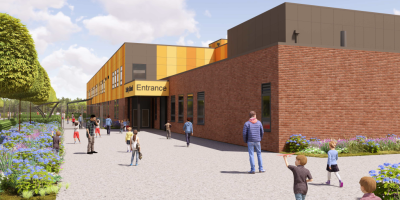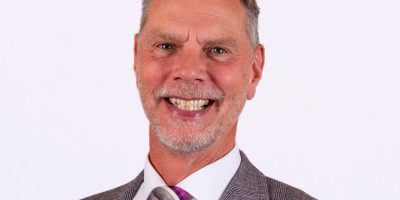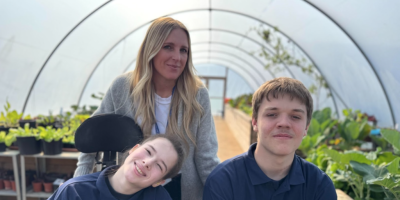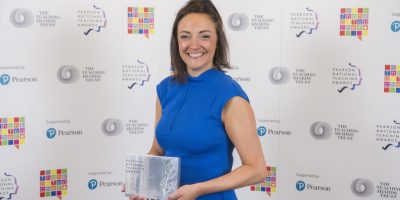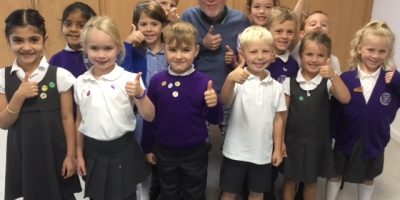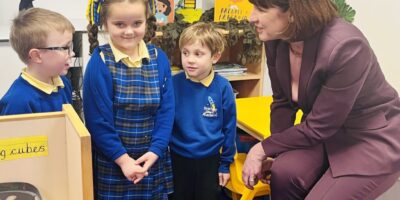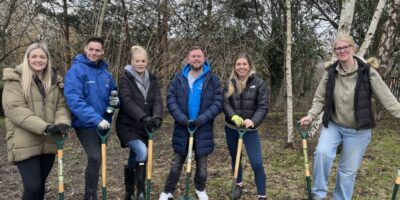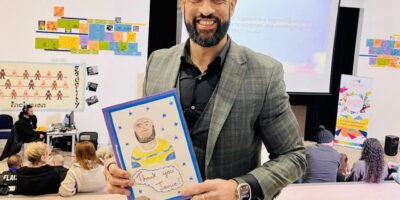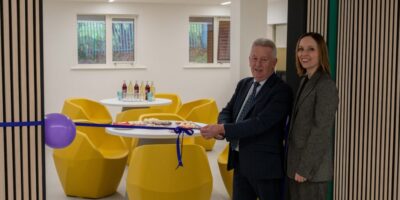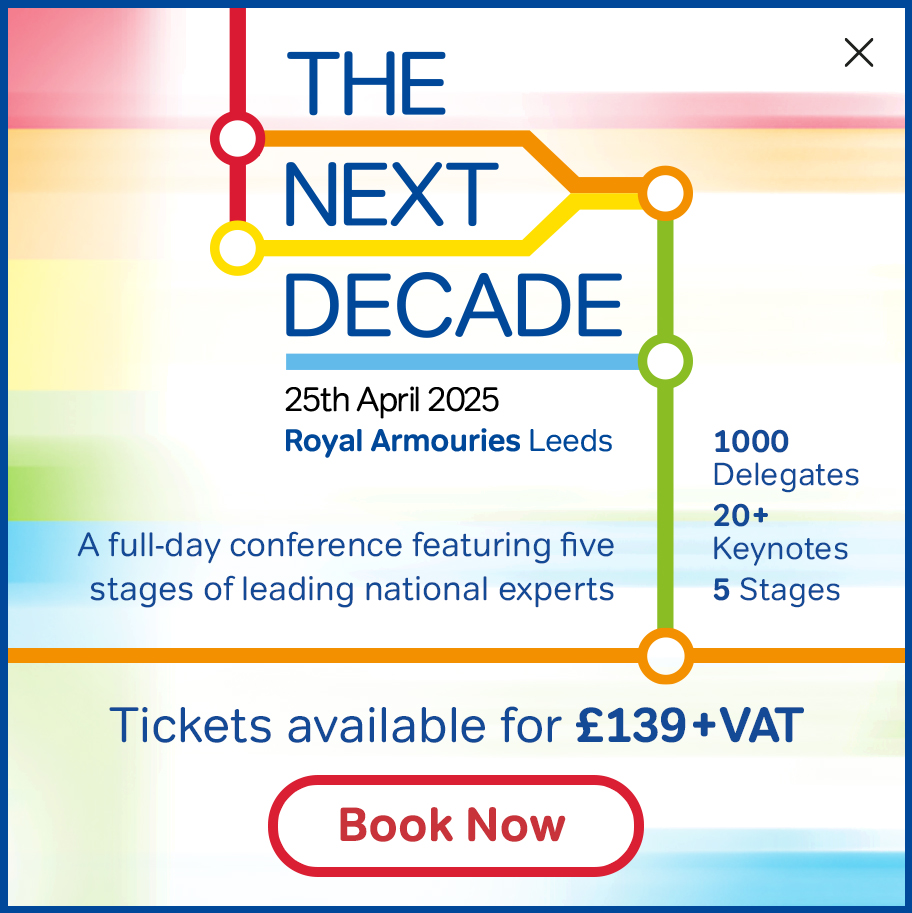I was listening to Historian Dan Snow’s podcast the other day – there was a discussion about when was the best time in history to have lived. He argued that there was no better time than now – citing the relative lack of wars, technology and medicine as the reason. I tend to agree with him and I don’t think that anyone living now would want to go back to a time when a visit to the dentist for root canal work involved no anaesthetic.
Many of these rapid advances and improvements in the lives of humans have been down to the rise of science and the scientific method as a way of investigating what works and then testing and retesting it to make sure it does. The rigorous system of peer review that allows others to check research findings ensures openness and honesty whilst also raising new questions. In short, as Carl Sagan said, “…it is by far the best tool we have, self-correcting, on-going, applicable to everything.”
The strange thing is, that despite all this, we seem to be living in an age where increasingly we see evidence, research and years of learning rejected in favour of strong opinions and appeals to “common sense”. For example – the worrying decline of vaccinations against preventable diseases shows, for whatever reason, the rejection of a proven scientific process that has been responsible for saving countless lives from a range of deadly illness over many years. It makes no sense.
Whether it is the anti-vax movement, the representative of the President of the USA talking about “alternative facts” or the rejection of the overwhelming view of the scientific community on the reality of climate change by high profile politicians around the world, the trend to ignore evidence, science and fact seems to be on the rise. Michael Gove’s famous quote that “Britain has had enough of experts” seems to capture this mood in a single soundbite.
As a young teacher, working in a Primary school, I was told many times at different schools throughout my training that particular ways of teaching were the particular way in which I should teach. For example there was the integrated day and the menu system – both of which are organisation methods based on a model of delivery rather than meeting the needs of children. When I asked why I should do things in this way, the standard answer was usually – “it’s good practice” or even “it’s seen as BEST practice”. This may have been the case, but I was never presented with any evidence that it was an effective way of teaching – it was expected that you did it, therefore you must do it.
Doing things because they follow a rigid dogma or because “we have always done it that way” or even “because it’s just common sense” is not a good starting point for most things and education is no exception.
Working in an SEMH setting over a number of years has taught me many things, one being that for certain students, a rigidly one size fits all, “common sense” approach to behaviour is not a path to success. Reading through the records of many children before they join our Academy is evidence of this. Many have behaviour records that show how they have quickly escalated through their previous settings behaviour systems and have accumulated multiple detentions and multiple fixed term exclusions. I have always wondered for these children what the purpose of these sanctions was? Learning? To deter a repeat? Either way the evidence of the sanctions needing to be repeated was evidence itself of it not working. It makes you wonder in those cases if the person issuing a 30th detention thought – “This time they’ll get the message.”
As schools, we have the evidence and the means to gather data and process it. We have large amounts of data and information about our children that we should be using to ensure that we are matching provision as far as we can to their needs. If we are serious about personalised learning, we need to capitalise on the knowledge we have about our children from the experts who hold it – our staff. Data collection must not simply be about proving things, it is more importantly about improving things. All school staff spend hours every week, working with, interacting with and observing children – that is a very rich source of data that we should be capturing and exploiting to adapt and develop what we do.
Staff are the experts on our children, no one knows them better, no one has the access to the “raw data” they have. We can all use this knowledge to record assessments and plan for the children with which we work – behaviour plans, learning plans, lesson plans, the data we need is right in front of us.
There is the importance of a team approach to planning and preparation. We have a collective mine of information about our children, their needs and how they learn. We need to ensure that we all have access to and understand the aspects that we need to execute our individual and different roles effectively. This involves discussion with colleagues about approaches and plans and developing the right approach from the “data” that we all hold. Studying our children and the information we hold together about them allows us to make predictions about how best they can learn and how best to ensure that we effectively plan for their behaviour.
Each of us needs to understand the “expert” role that we play in our teams and the contribution that is expected of us as part of that team around our children. This could be, for example, supporting routines in the classroom or working with a child on a particular aspect of learning. In any role as part of a team – you need to be clear about what your contribution is. This means communicating with each other and with leaders, asking questions, seeking clarification, crystallising the key actions required and the desired outcomes. Know your role within the team and execute the plan.
In addition to this, it is important that we seek out and draw on research and expertise from the wider education community. We need to consider what research has been carried out that is relevant or that may inform our practice and then test out its implications in our settings. This research may not always be found in the education journals, for example SEMH practice is informed by research on brain development and medical research on the impact of adverse childhood experiences.
Finally, we have a responsibility to look critically and dispassionately at the results and outcomes of the plans and strategies that we develop and implement. We need to be critical of them, peer review them, test them, evaluate them and improve them based on what we have learned. This is the rational approach; this is a way to find out what really works for our children. Most importantly, we must not turn our learning into dogma. Just because something works in one setting or for one child, we must not assume that it will work everywhere for everybody and insist that everyone follows it.
Running schools using evidence based, evaluative approaches, critically using the experience and knowledge of experts has to be a stronger basis for success than an approach based on dogma or the whim of personalities. This should be the best of times to have lived and the best of times to be in school – embracing the scientific approach can ensure that it is.
